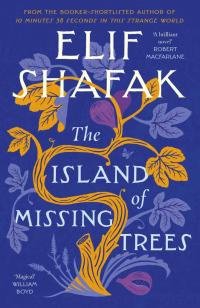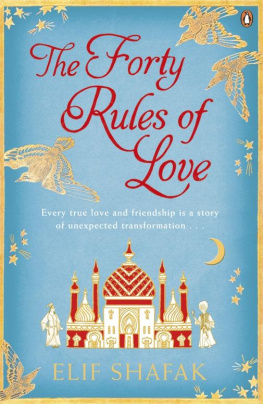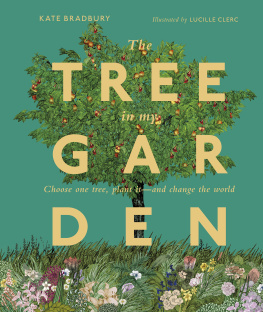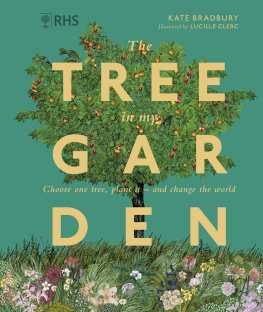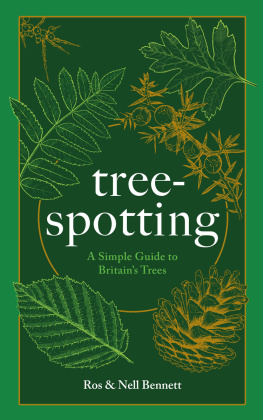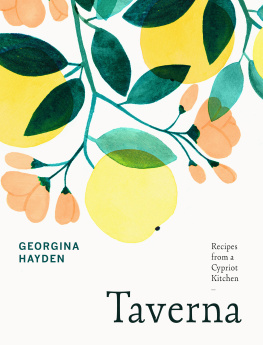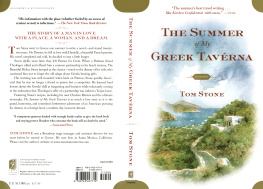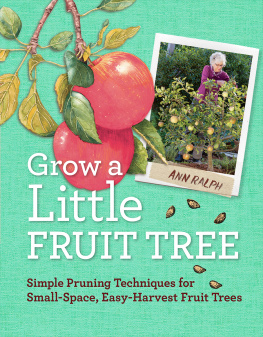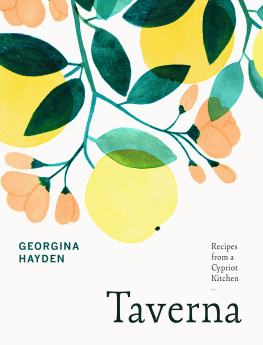Elif Shafak
THE ISLAND OF MISSING TREES
Contents
Prologue: Island
PART ONE How to Bury a Tree
PART TWO Roots
PART THREE Trunk
PART FOUR Branches
PART FIVE Ecosystem
PART SIX How to Unbury a Tree
Note to the Reader
Glossary
Acknowledgements
About the Author
ELIF SHAFAK is an award-winning British Turkish novelist whose work has been translated into fifty-five languages. The author of nineteen books, twelve of which are novels, she is a bestselling author in many countries around the world. Shafaks novel 10 Minutes 38 Seconds in This Strange World was shortlisted for the Booker Prize and the RSL Ondaatje Prize, longlisted for the Dublin Literary Award, and chosen as the Blackwells Book of the Year. The Forty Rules of Love was chosen by the BBC as one of 100 Novels That Shaped Our World. In 2021 Shafaks The Architects Apprentice was chosen for the Duchess of Cornwalls inaugural book club, the Reading Room.
Find out more about Elif Shafak on her website: www.elifshafak.com
By the same author
The Architects Apprentice
The Bastard of Istanbul
Black Milk
The Flea Palace
The Forty Rules of Love
The Gaze
The Happiness of Blond People
Honour
The Saint of Incipient Insanities
Three Daughters of Eve
How to Stay Sane in an Age of Division
10 Minutes 38 Seconds in This Strange World
To immigrants and exiles everywhere,
the uprooted, the re-rooted, the rootless,
And to the trees we left behind,
rooted in our memories
Anyone who hasnt been in the Chilean forest doesnt know this planet. I have come out of that landscape, that mud, that silence, to roam, to go singing through the world.
Pablo Neruda, Memoirs
It will have blood: They say blood will have blood. Stones have been known to move and trees to speak
William Shakespeare, Macbeth
Island
Once upon a memory, at the far end of the Mediterranean Sea, there lay an island so beautiful and blue that the many travellers, pilgrims, crusaders and merchants who fell in love with it either wanted never to leave or tried to tow it with hemp ropes all the way back to their own countries.
Legends, perhaps.
But legends are there to tell us what history has forgotten.
It has been many years since I fled that place on board a plane, inside a suitcase made of soft black leather, never to return. I have since adopted another land, England, where I have grown and thrived, but not a single day passes that I do not yearn to be back. Home. Motherland.
It must still be there where I left it, rising and sinking with the waves that break and foam upon its rugged coastline. At the crossroads of three continents Europe, Africa, Asia and the Levant, that vast and impenetrable region, vanished entirely from the maps of today.
A map is a two-dimensional representation with arbitrary symbols and incised lines that decide who is to be our enemy and who is to be our friend, who deserves our love and who deserves our hatred and who, our sheer indifference.
Cartography is another name for stories told by winners.
For stories told by those who have lost, there isnt one.
Here is how I remember it: golden beaches, turquoise waters, lucid skies. Every year sea turtles would come ashore to lay their eggs in the powdery sand. The late-afternoon wind brought along the scent of gardenia, cyclamen, lavender, honeysuckle. Branching ropes of wisteria climbed up whitewashed walls, aspiring to reach the clouds, hopeful in the way only dreamers are. When the night kissed your skin, as it always did, you could smell the jasmine on its breath. The moon, here closer to earth, hung bright and gentle over the rooftops, casting a vivid glow on the narrow alleys and cobblestoned streets. And yet shadows found a way to creep through the light. Whispers of distrust and conspiracy rippled in the dark. For the island was riven into two pieces the north and the south. A different language, a different script, a different memory prevailed in each, and when they prayed, the islanders, it was seldom to the same god.
The capital was split by a partition which sliced right through it like a slash to the heart. Along the demarcation line the frontier were dilapidated houses riddled with bullet holes, empty courtyards scarred with grenade bursts, boarded stores gone to ruin, ornamented gates hanging at angles from broken hinges, luxury cars from another era rusting away under layers of dust Roads were blocked by coils of barbed wire, piles of sandbags, barrels full of concrete, anti-tank ditches and watchtowers. Streets ended abruptly, like unfinished thoughts, unresolved feelings.
Soldiers stood guard with machine guns, when they were not making the rounds; young, bored, lonesome men from various corners of the world who had known little about the island and its complex history until they found themselves posted to this unfamiliar environment. Walls were plastered with official signs in bold colours and capital letters:
NO ENTRY BEYOND THIS POINT
KEEP AWAY, RESTRICTED AREA!
NO PHOTOGRAPHS, NO FILMING ALLOWED
Then, further along the barricade, an illicit addition in chalk scribbled on a barrel by a passer-by:
WELCOME TO NO MANS LAND
The partition that tore through Cyprus from one end to the other, a buffer zone patrolled by United Nations troops, was about one hundred and ten miles long, and as wide as four miles in places while merely a few yards in others. It traversed all kinds of landscapes abandoned villages, coastal hinterlands, wetlands, fallow lands, pine forests, fertile plains, copper mines and archaeological sites meandering in its course like the ghost of some ancient river. But it was here, across and around the capital, that it became more visible, tangible, and thus haunting.
Nicosia, the only divided capital in the world.
It sounded almost a positive thing when described that way; something special about it, if not unique, a sense of defying gravity, like the single grain of sand moving skywards in an hourglass just upended. But, in reality, Nicosia was no exception, one more name added to the list of segregated places and separated communities, those consigned to history and those yet to come. At this moment, though, it stood as a peculiarity. The last divided city in Europe.
My home town.
There are many things that a border even one as clear-cut and well guarded as this cannot prevent from crossing. The Etesian wind, for instance, the softly named but surprisingly strong meltemi or meltem. The butterflies, grasshoppers and lizards. The snails, too, painfully slow though they are. Occasionally, a birthday balloon that escapes a childs grip drifts in the sky, strays into the other side enemy territory.
Then, the birds. Blue herons, black-headed buntings, honey buzzards, yellow wagtails, willow warblers, masked shrikes and, my favourites, golden orioles. All the way from the northern hemisphere, migrating mostly during the night, darkness gathering at the tips of their wings and etching red circles around their eyes, they stop here midway in their long journey, before continuing to Africa. The island for them is a resting place, a lacuna in the tale, an in-between-ness.
There is a hill in Nicosia where birds of all plumages come to forage and feed. It is thick with overgrown brambles, stinging nettles and clumps of heather. In the midst of this dense vegetation is an old well with a pulley that creaks at the slightest tug and a metal bucket tied to a rope, frayed and algae-covered from disuse. Deep inside it is always pitch-black and freezing cold, even in the fierce midday sun beating down directly overhead. The well is a hungry mouth, awaiting its next meal. It eats up every ray of light, every trace of heat, holding each mote in its elongated stone throat.
Next page
